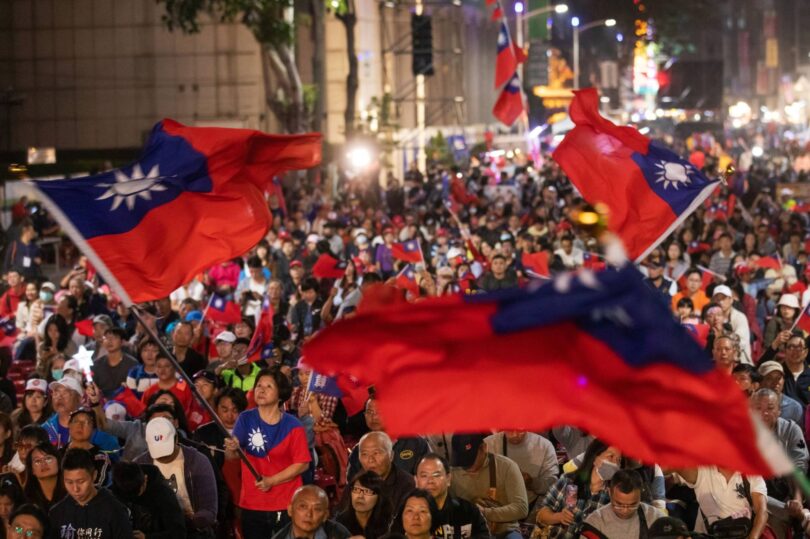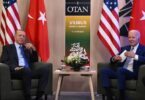TAIPEI (Reuters): Taiwanese voters swept the ruling Democratic Progressive Party’s (DPP) presidential candidate Lai Ching-te into power on Saturday, strongly rejecting Chinese pressure to spurn him, as China said it would not give up on achieving “reunification”.
Lai’s party, which champions Taiwan’s separate identity and rejects China’s territorial claims, was seeking a third successive four year term, unprecedented under Taiwan’s current electoral system.
However, in a measure of public frustration at domestic issues like the high cost of housing and stagnating wages after eight years in power, the DPP lost its majority in parliament, making Lai’s job harder in passing legislation.
Lai also only won 40% of the vote in Taiwan’s first-past-the-post system, unlike current President Tsai Ing-wen who was re-elected by a landslide four years ago with more than 50% of the vote.
Still, Lai lauded his victory.
“We’ve written a new page for Taiwan’s history of democracy,” Lai, long the frontrunner in the polls, told reporters after both his opponents conceded defeat.
Lai said he would maintain the status quo in relations across the Taiwan Strait, but that he was “determined to safeguard Taiwan from threats and intimidation from China”.
At the same time, he emphasized the need for cooperation and dialogue with Beijing on an equal basis to “replace confrontation”, though he didn’t give specifics.
In the run-up to the election, China denounced Lai as a dangerous separatist, and called on the people of Taiwan to make the right choice while noting the “extreme harm of the DPP’s ‘Taiwan independence’ line”. They have also repeatedly rebuffed Lai’s calls for talks.
China’s Taiwan Affairs Office struck a gentler tone in its response to Lai’s election and did not mention him by name, saying that the results reveal that the DPP “cannot represent the mainstream public opinion” on Taiwan.
“Our stance on resolving the Taiwan question and realising national reunification remains consistent, and our determination is as firm as rock,” it said.
However, it added China will work with “relevant political parties, groups and people” from Taiwan to boost exchanges and cooperation, and “advance the peaceful development of cross-strait relations as well as the cause of national reunification”.
Taiwan’s election took place at a time of growing geopolitical tensions between Beijing and Washington.
The arms race across the Taiwan Strait and Chinese military pressure on the island Beijing claims as its “sacred” territory is unlikely to end.
Since the last election in 2020, China has engaged in an unprecedented level of military activity in the Taiwan Strait, including holding two rounds of major war games near the island.
Lai, however, said “only peace will benefit both sides”.
There were jubilant scenes among a sea of cheering supporters outside Lai’s campaign headquarters.
“The DPP is the only party that can truly protect Taiwan,” said tattoo artist Cony Lu, 28, who broke down in tears of happiness. “So many people are willing to stand together to preserve Taiwan’s sovereignty.”







